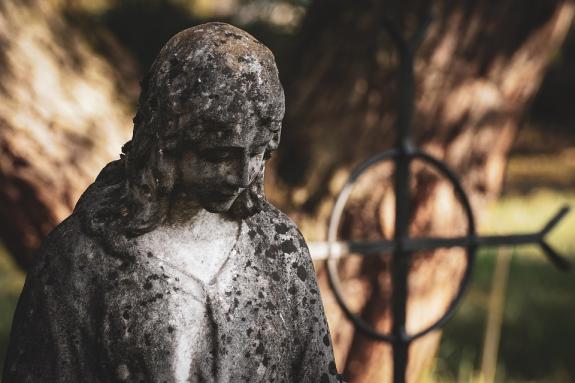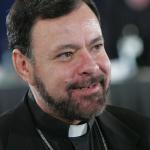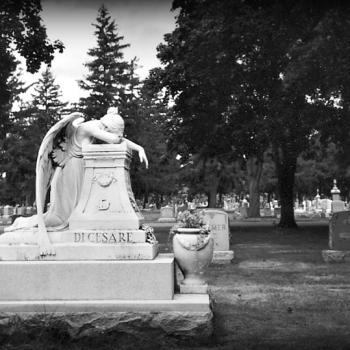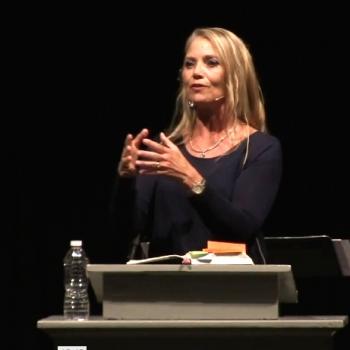Slate takes a look at of the controversy surrounding that homily delivered at the funeral for a teenager who committed suicide. The piece makes some good pints, concluding that part of the problem in this case (and in others like it) lies with the expectation of the people in the pews:
“The church is very clear that [homilies] are not to be eulogies,” said Michael Heinlein, a columnist for the Catholic publication Our Sunday Visitor. “The problem is that’s what people want. Many priests have simply given in to that.” (The Order of Christian Funerals, the church’s guidebook for funeral services, specifies that eulogies are best delivered at the wake, rather than at the funeral itself.)
Suicide often complicates the tension between pulpit and pew. For centuries, the church banned Catholics who died by suicide from receiving full Catholic funerals and from being buried in Catholic cemeteries. Those strictures are no longer in place, and the church now acknowledges that mental illness and other suffering often plays a role in suicide. But the stigma lingers, as it does in much of secular culture.
“He basically called our son a sinner,” Linda Hullibarger told the Toledo Blade. Within Christian theology, every human being is a sinner, and LaCuesta did call suicide an act “against God who made us and against everyone who loves us.” He also said that the finality of suicide means the deceased “cannot make things right again.” But a close read of LaCuesta’s homily also reveals an overarching message of hope and redemption. The homily wrestles with the question of hope from the start, posing the question, “Is there any hope to offer in this moment?” LaCuesta answered clearly and repeatedly in the affirmative. “Can God forgive and heal this? Yes, God CAN forgive even the taking of one’s own life. In fact, God awaits us with his mercy, with ever open arms.”
For many Christians, the repeated assurances of God’s grace and forgiveness would have been a profoundly comforting message. “People will debate over whether or not that was the right place for it,” Heinlein said. “I’m torn on it. The homily was blunt in some places, but I thought what he was doing was what a pastor should do—being a shepherd of souls.”
Heinlein sees disputes like this one as failures of “catechesis”—instruction in the traditions and beliefs of the church. If the family expected a funeral that their parish couldn’t provide, they should not have discovered that disjunction as they sat in the pews mourning for their son. “We pull off funerals well, but in terms of catechesis and preparing people for them, we don’t do a good job,” Heinlein said. “The church has really missed the ball.”













